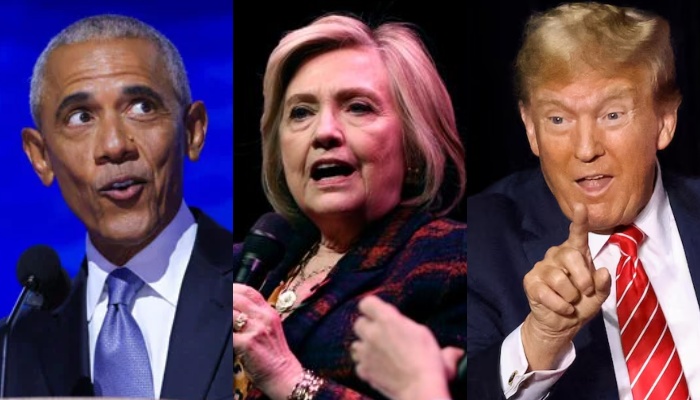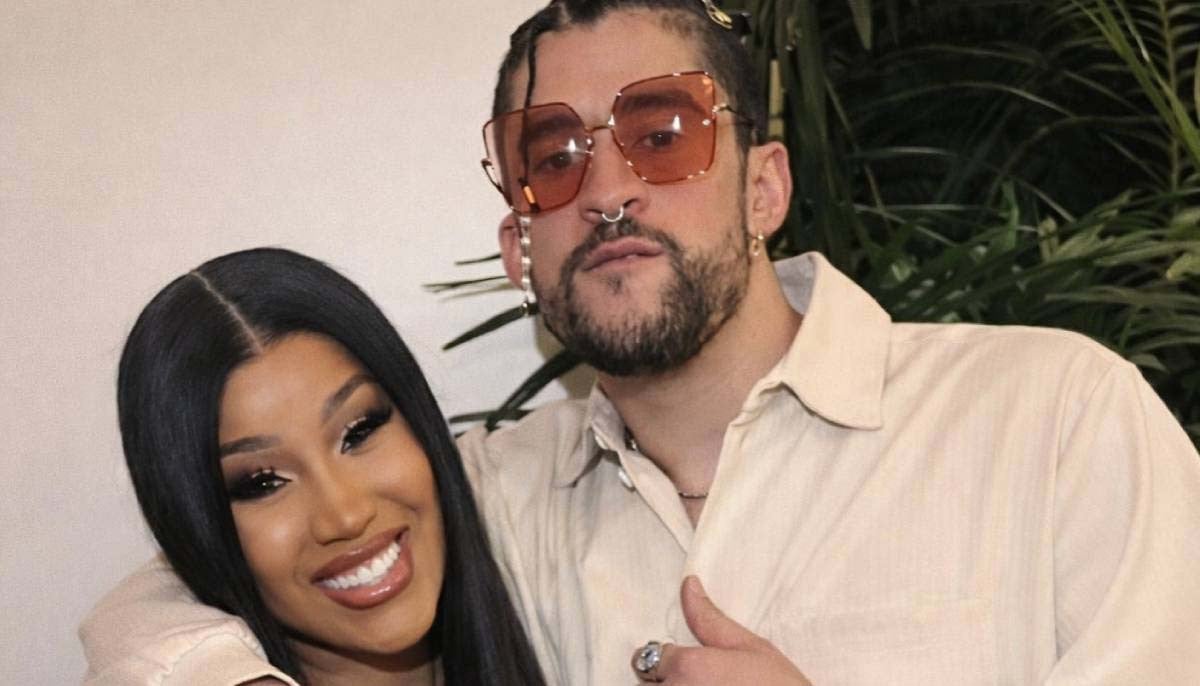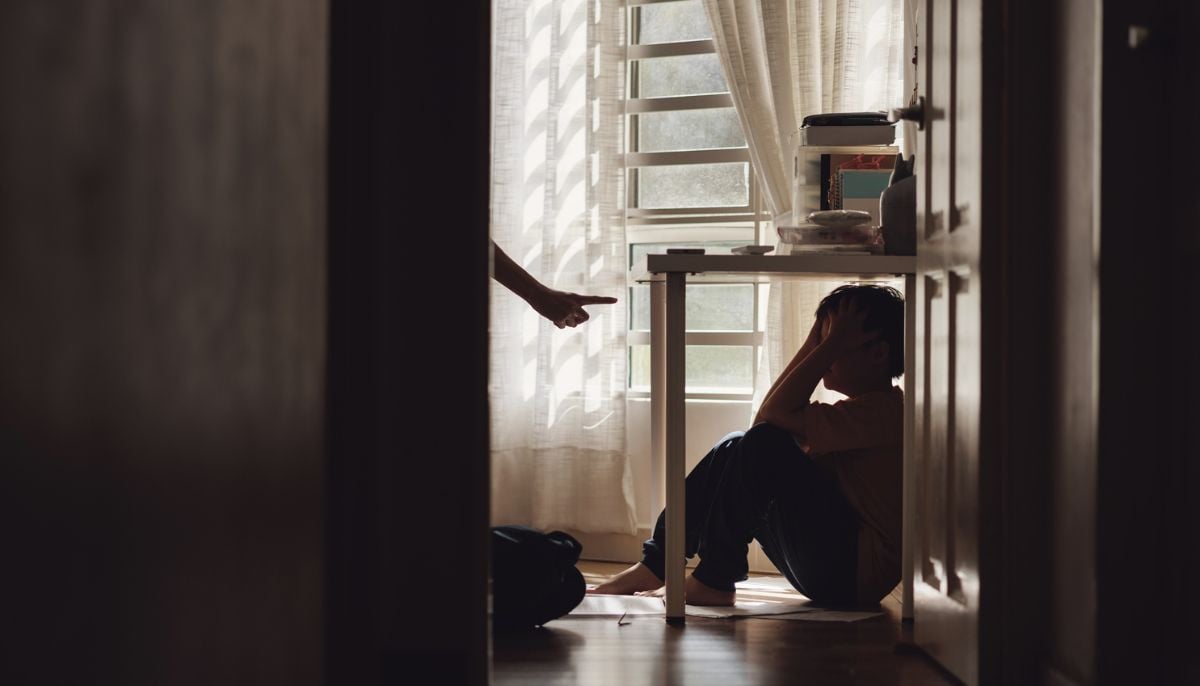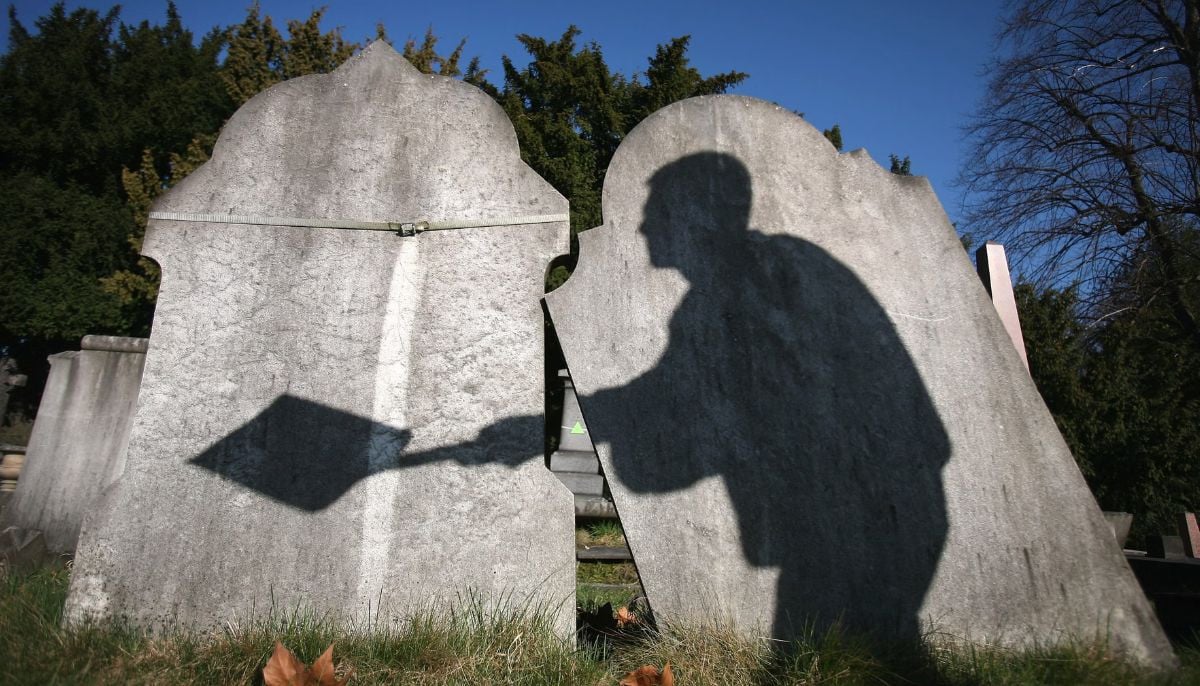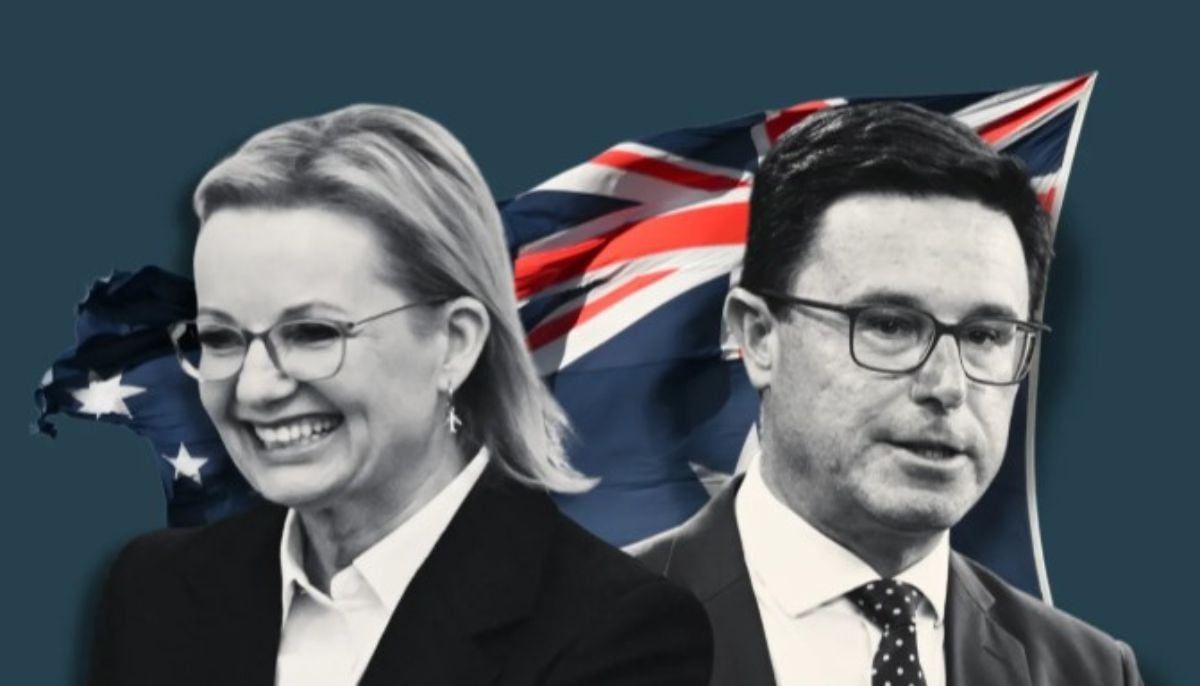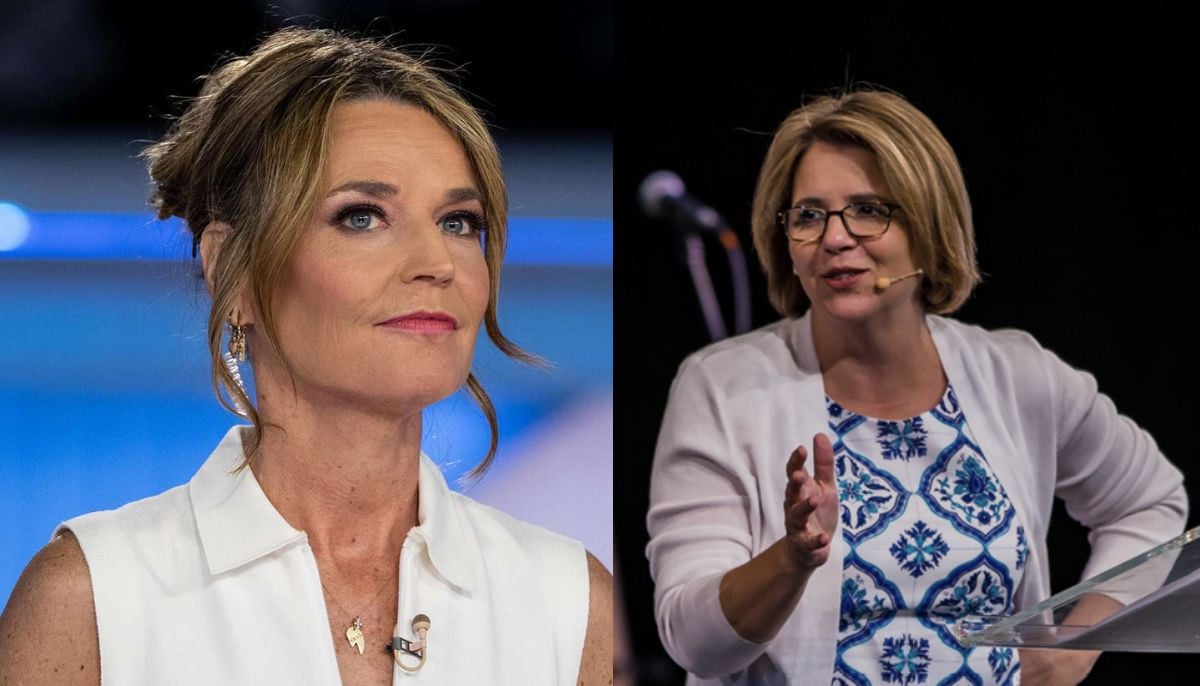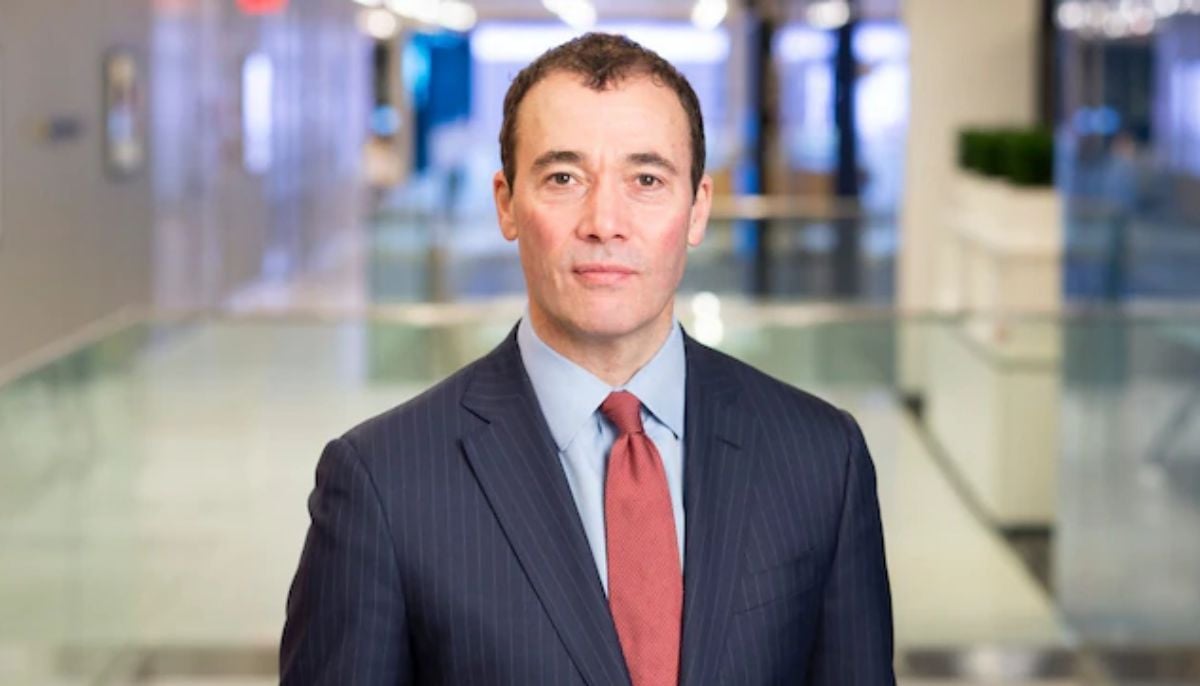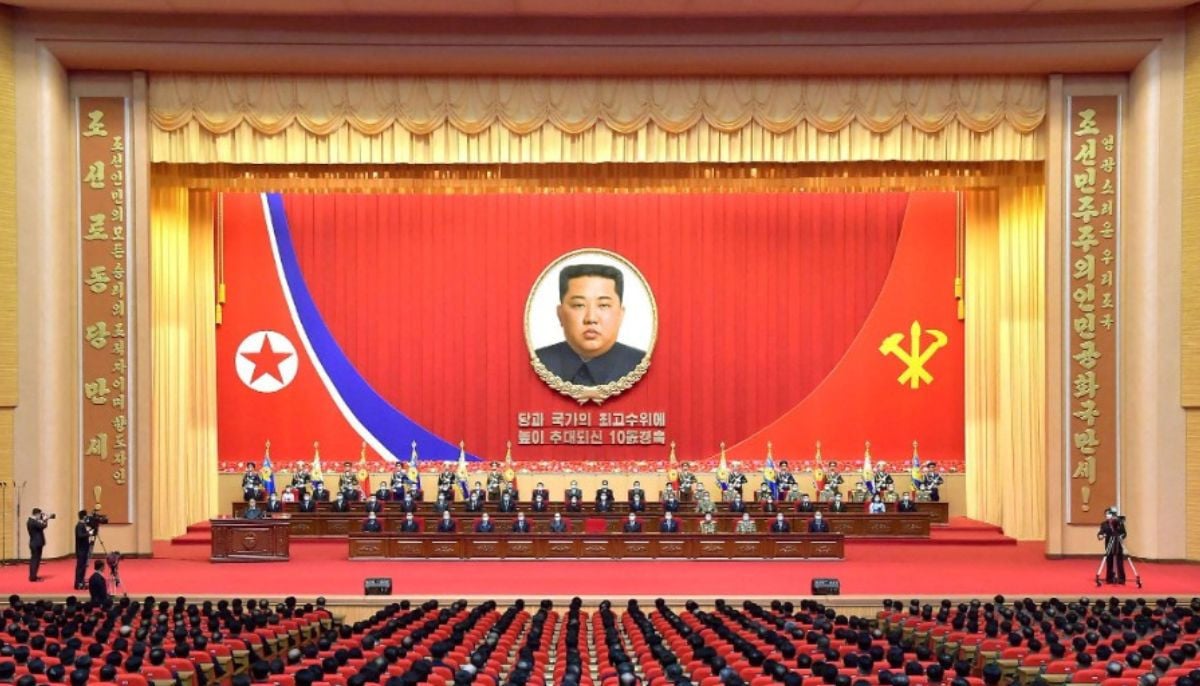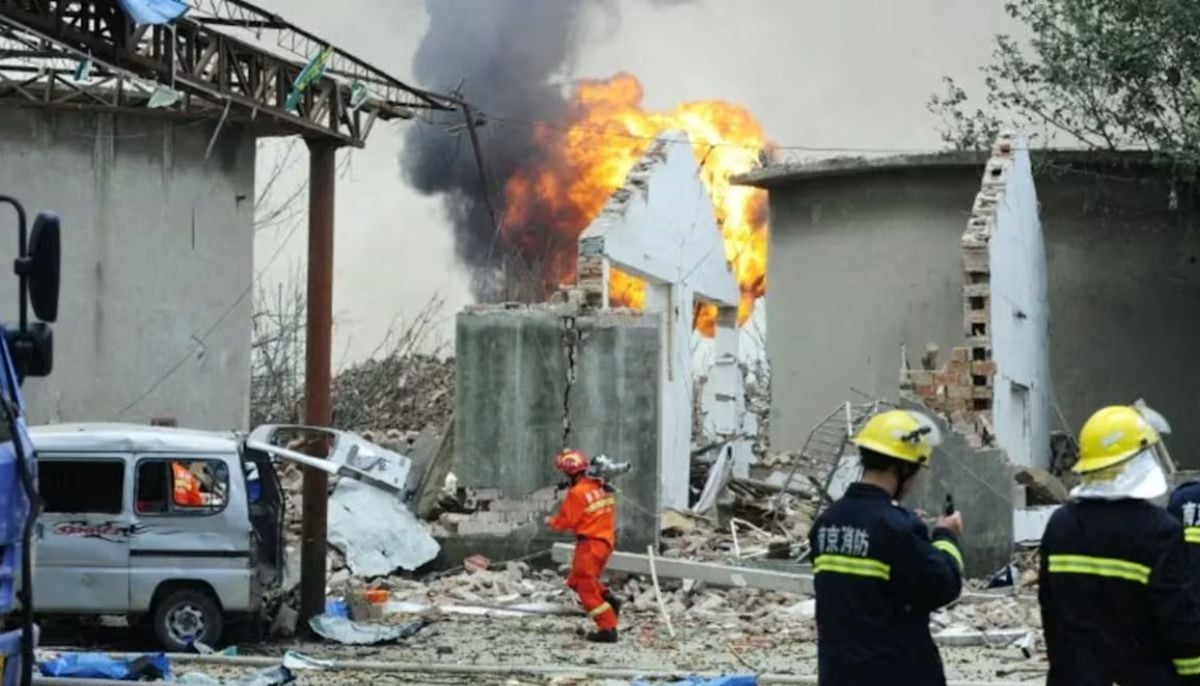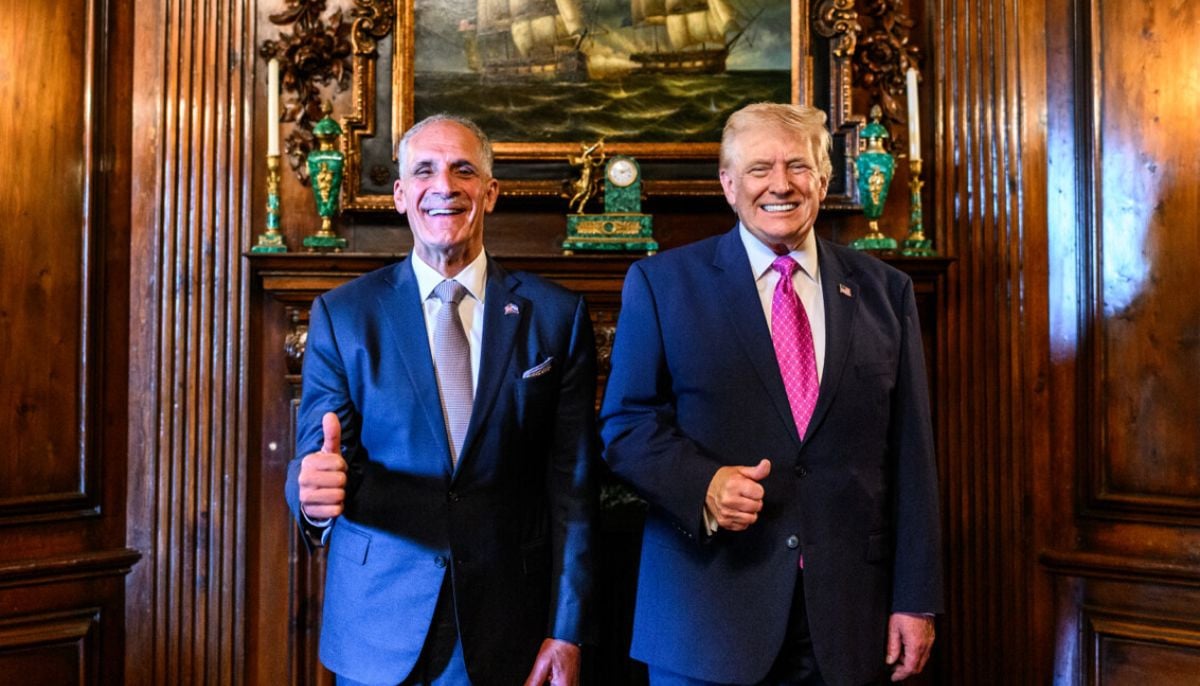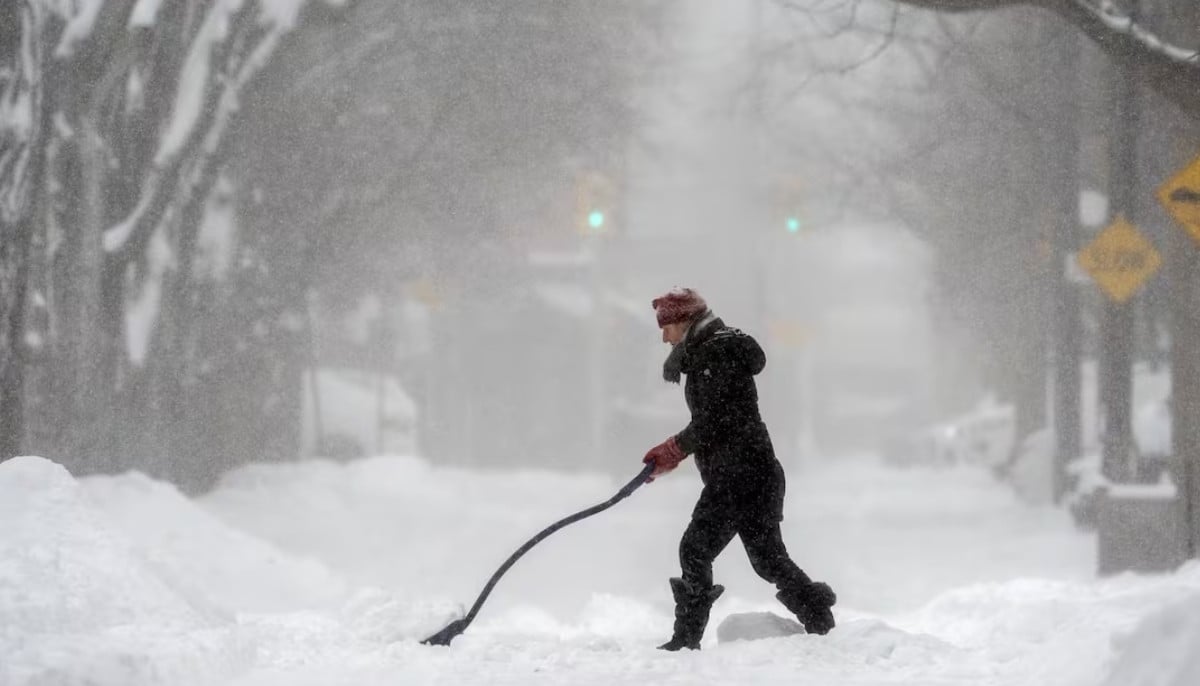US presidential debates: A trip down memory lane
Presidential debates are key feature of US polls where candidates touch upon key policy and public interest issues
As the United States gears up for upcoming presidential elections in November, all eyes will be set on the presidential debates between the candidates which play a role in either boosting or decreasing the candidates' popularity and acceptance among voters.
The presidential debates, throughout the years, have traditionally involved republican and democratic candidates going toe-to-toe on television as they speak on key policy and public interest issues and often take jibes at each other.
With Republican presidential nominee Donald Trump set to go up against incumbent Vice President and Democratic candidate Kamala Harris in their first presidential debate next week, it is imperative to look back at the history of the presidential debates and all that they have entailed over the decades.
Kennedy-Nixon: September 26, 1960
It was the first televised debate of its kind, when broadcasts were in black-and-white, and it established the importance of a politician's public image. Republican Richard Nixon looked poised to win the election, having served two terms as vice president under Dwight Eisenhower.
But the debate did not go well for him. Nixon refused to wear makeup and appeared pale and sweaty in front of more than 66 million viewers, while young Massachusetts senator John F Kennedy looked tanned and relaxed. While Nixon addressed the moderator, Kennedy looked at the camera, speaking directly to his voters.
How much the debate visuals pushed the needle is disputed, but Kennedy went on to defeat Nixon at the polls.
Ford-Carter: October 6, 1976
The first debate between Republican president Gerald Ford and Democratic challenger Jimmy Carter was marked by a 27-minute loss of audio. The second debate didn't go well for Ford either when he made a gaffe that arguably cost him the presidency.
At the height of the Cold War, Ford uttered that "there is no Soviet domination of Eastern Europe, and there never will be under a Ford administration," even though the Soviet Union had troops deployed across the Eastern bloc.
Six days passed before Ford explained himself, saying he spoke not of the literal military presence but meant that people's spirits there hadn't been crushed.
Reagan-Mondale: October 21, 1984
Republican president Ronald Reagan was 73 when he ran for a second term against 56-year-old Walter Mondale. But he turned his age into his strength with a witty answer that went down in history.
"I will not make age an issue of this campaign," Reagan said when asked whether he was fit for office. "I am not going to exploit, for political purposes, my opponent's youth and inexperience."
Bush-Clinton-Perot: October 15, 1992
The second presidential debate in the 1992 race pitted incumbent president George Bush against both his future successor Bill Clinton and Ross Perot, an independent candidate.
Bush was caught on camera looking at his watch while Clinton talked to an audience member during a town hall debate, a move that cost Bush dearly.
Years later, Bush admitted he hated debates. "Maybe that's why I was looking at it — 'Only 10 more minutes of this'."
Obama-Romney: October 22, 2012
During a debate against president Barack Obama, Republican challenger Mitt Romney lamented that the US Navy had fewer ships presently than it did in 1916.
"Governor, we also have fewer horses and bayonets, because the nature of our military's changed," Obama retorted.
"We have these things called aircraft carriers, where planes land on them. We have these ships that go underwater, nuclear submarines," remarked the former president which went viral.
Trump-Clinton: October 9, 2016
The second debate of the 2016 US presidential election pitting Hillary Clinton and Donald Trump was particularly vicious.
Coming shortly after the release of a video in which Trump was heard boasting that his fame allowed him to grope women, the Republican billionaire went after his opponent's husband, former president Bill Clinton, accusing him of being "so abusive to women."
Trump also vowed to have Hillary Clinton investigated over her use of a private email account when she was secretary of state.
"It's just awfully good that someone with the temperament of Donald Trump is not in charge of the law in our country," Clinton said.
"Because you'd be in jail," Trump shot back:
Trump-Biden: September 29, 2020
The first debate of the 2020 presidential election, featuring Trump and Democrat Joe Biden, devolved into shouting and insults.
With Trump constantly interrupting him, Biden snapped, saying, "Will you shut up, man?"
The Democrat also called his opponent a "clown" and "Putin's puppy."
Trump for his part kept evading the question of whether he would recognise the results of the election.
Powerless to control the two candidates, the debate moderator, Fox News journalist Chris Wallace, later described feeling "desperation."
Trump-Biden: June 27, 2024
Organised an unprecedented four months ahead of this year's November vote, the June debate was supposed to give Biden, 81, a chance to shore up concerns about his age.
But it was a debacle for the Democrat, who repeatedly lost his train of thought, stared blankly and spoke at times incoherently and with a raspy voice.
The dismal performance set the stage for Biden to eventually drop out of the race — passing the torch to Trump's new challenger, Vice President Harris.
-
Savannah Guthrie addresses ransom demands made by her mother Nancy's kidnappers
-
Washington Post CEO William Lewis resigns after sweeping layoffs
-
North Korea to hold 9th Workers’ Party Congress in late February
-
Factory explosion in North China leaves eight dead
-
Trump hosts Honduran president Nasry Asfura at Mar-a-Lago to discuss trade, security
-
Cuba-Canada travel advisory raises concerns as visitor numbers decline
-
Air Canada flight diverted St John's with 368 passengers after onboard incident
-
Extreme cold warning issued as blizzard hits Southern Ontario including Toronto
